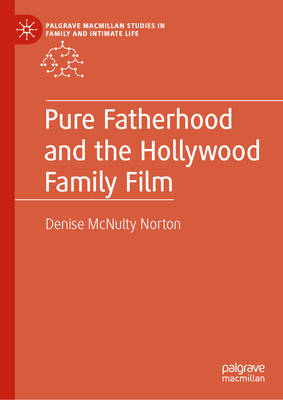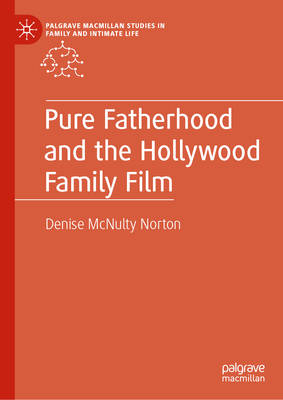
- Afhalen na 1 uur in een winkel met voorraad
- Gratis thuislevering in België vanaf € 30
- Ruim aanbod met 7 miljoen producten
- Afhalen na 1 uur in een winkel met voorraad
- Gratis thuislevering in België vanaf € 30
- Ruim aanbod met 7 miljoen producten
Pure Fatherhood and the Hollywood Family Film
Denise McNulty NortonOmschrijving
This book maps father failure and redemption through three decades of Hollywood family films, revealing how libertarian notions that align agency with autonomy lead to new conflicts for the contemporary father. The films find resolution to these conflicts through a re-gendering of parenting as relationship. In their creation of a 'pure' fatherhood that is valorised as authentic for its lack of parental responsibilities, the films serve to challenge the perception that fathering enacted outside the nuclear family structure is fragile. McNulty Norton finds in the films a new essentialism that secures the pure relationship to the biological father, reinforcing his position in the face of changing family forms.
Specificaties
Betrokkenen
- Auteur(s):
- Uitgeverij:
Inhoud
- Aantal bladzijden:
- 198
- Taal:
- Engels
- Reeks:
Eigenschappen
- Productcode (EAN):
- 9783030716479
- Verschijningsdatum:
- 21/07/2021
- Uitvoering:
- Hardcover
- Formaat:
- Genaaid
- Afmetingen:
- 148 mm x 210 mm
- Gewicht:
- 430 g

Alleen bij Standaard Boekhandel
Beoordelingen
We publiceren alleen reviews die voldoen aan de voorwaarden voor reviews. Bekijk onze voorwaarden voor reviews.









